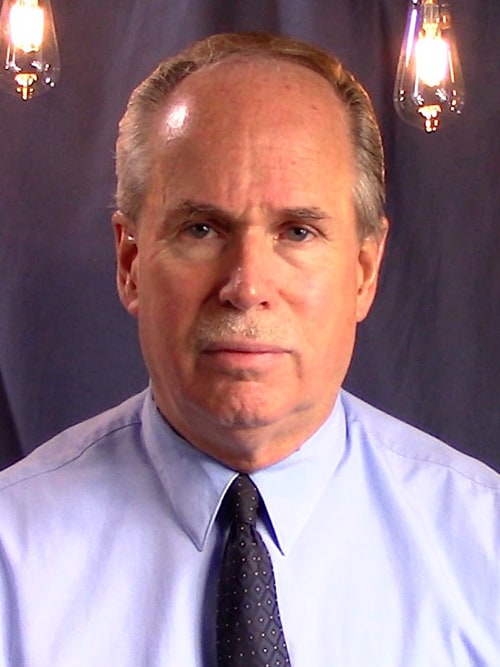The nature of our humanity is such that we are thirsty for connectivity, desperate for relationship, vibrantly enlivened by the sharing of souls, and wildly transformed when another life dares to connect with us in those places raw and wounded. We do not live in isolation, and to think so is to ignore the undeniable connectivity that occurs when one human being brushes up against the soul of another. And in the intimacy borne of such a soulful connection barriers birthed of class, or constructed by fear, or reinforced by prejudice, or distanced by cultural or philosophical differences can be handily breached, and in the breaching lives hitherto unreachable can be utterly transformed.
In that connectivity, whether it be brief or elongated, there is a conveyance that carries with it sufficient power to shape the person with which we are connecting. No life that touches another life goes untouched. No exchange is sterile. No interaction has so much space that nothing is conveyed in the interaction. When we touch a life, we shape a life. Sometimes that shaping is ever so slight, leaving the change nearly imperceptible. At other times the change is utterly life-altering, redirecting a life and placing it on an entirely different trajectory. To whatever degree it happens, when we touch a life, we shape a life. And when we shape a life, we’ve begun the remarkable process of transforming a culture.
Placing Aside Fear
One of the central obstacles to such a connection is fear. And too often our fear is based on and fed by some element of prejudice, or misunderstanding, or some sort of bias. We quickly categorize and duly quantify people into some sort of explicit box that aptly defines who they are. In defining who they are, we can then determine the degree of threat they present or the risk that we would incur in engaging them.
It Only Takes a Moment
We would likewise be wise to remember that in touching a life, we touch that life for the entirety of that life. Immense changes and massive shifts are most often the result of one simple event that altered the entire direction of a life at a single point in that life. It’s that slight bump, that solitary moment, that one phrase, that simple gesture, that sacrificial act that bumps a life in degrees either large or small and subsequently sets everything else after it off in an entirely different direction. And therefore, to change a life does not demand that we invest with great vigor and time, although that is certainly meaningful and worthwhile. Rather, to change a life can often mean nothing more than intersecting that life for the briefest of moments, for when one soul touches another it is not the length of the exchange, but simply the fact that the exchange took place.
A Changed Life Changes Lives
Additionally, we must remember that a life changed does not go on to live out the remainder of its life in some sort of confining isolation. A life changed will itself change others. And such change creates a mounting momentum of humanity transformed that will build on itself until nothing can stand against it and no power can hope to contain it. And if that change is pristinely good, inherently thoughtful, seized by hope, embraced by kindness, marked by integrity and firmly grounded by an uncompromising morality, we can begin to set this culture on a trajectory that is likewise pristinely good, inherently thoughtful, seized by hope, embraced by kindness, marked by integrity and firmly grounded by an uncompromising morality. And in ushering in change of this sort, institutions, legislation, military power, the writing of platitudes, and the wealth that we counted on to change the world for us will instead be changed by us.
A clandestine momentum of this magnitude begins with the single instance where one person touches the life of another person in ways gracious, sacrificial and meaningful. To transform culture, we don’t transform institutions. Legislation won’t transform. Military power won’t transform. Platitudes won’t transform. Wealth won’t transform. Rather, we transform the world by transforming people. And while we may not have access to institutions, or the penning of legislation, or military power, or the writing of platitudes, or wealth, every single one of us has access to people. And if each one of us touches one person each day, we need not worry about the state of the culture because in those very actions we are dynamically and even radically transforming the state of the culture itself. And who would not give everything to be a part of that?

 Craig Lounsbrough
M. Div., LPC
Craig Lounsbrough
M. Div., LPC